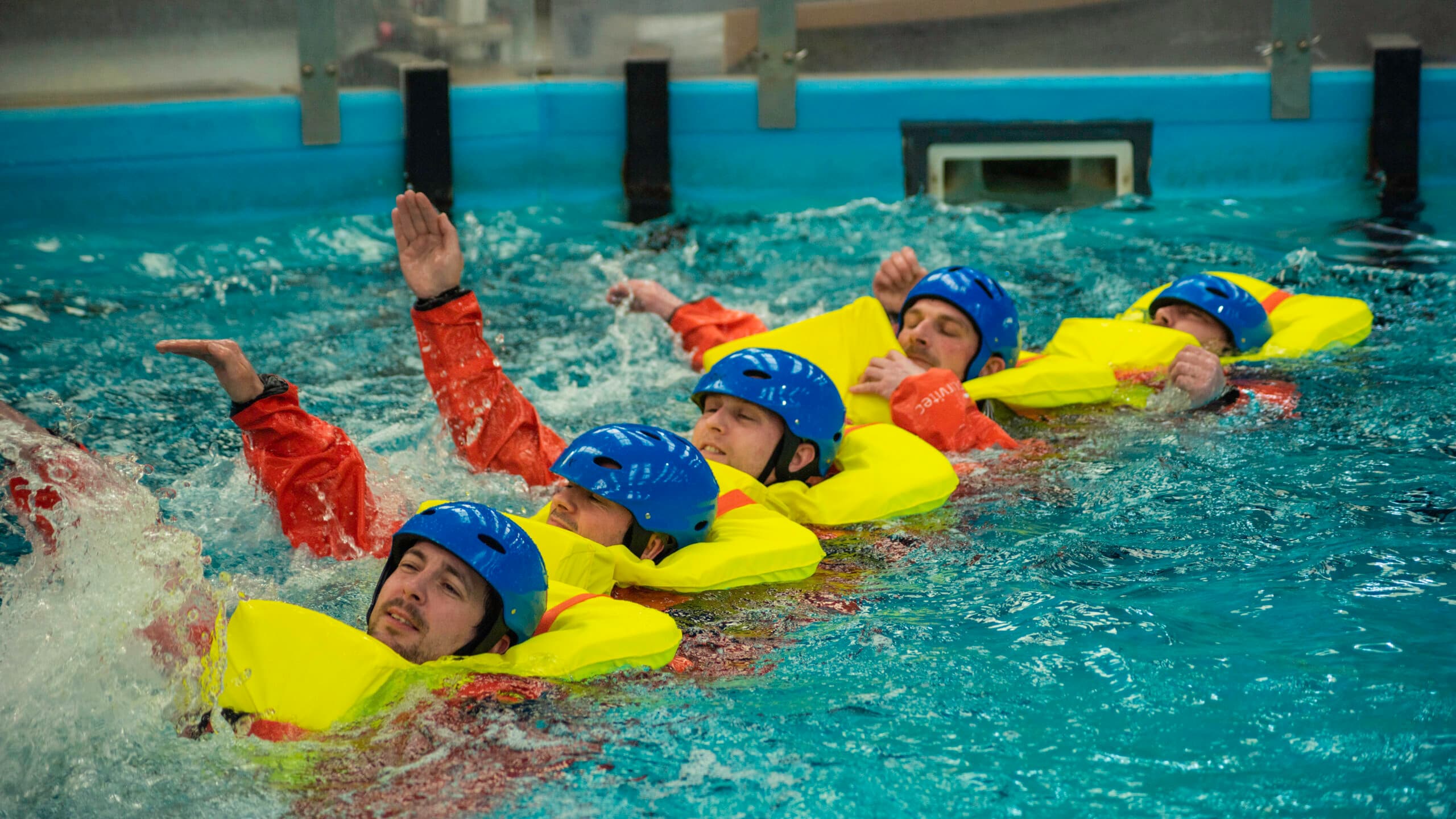
What are Common Offshore Survival Techniques?
Offshore survival techniques are essential knowledge for anyone venturing into open waters, whether for work or recreation. These techniques can be the difference between life and death in emergency situations. Here's a comprehensive yet engaging look at common offshore survival techniques.
Understanding the Basics of Offshore Survival
-
Preparation is Key: Before heading offshore, it's crucial to be well-prepared. This includes having a clear understanding of your route, weather conditions, and potential hazards. Always inform someone onshore of your plans.
-
Safety Equipment: Ensure you have the necessary safety equipment onboard, like life jackets, life rafts, flares, emergency food and water supplies, and a first aid kit.
Immediate Actions in an Emergency
-
Mayday Call: In case of an emergency, make a mayday call immediately if possible. Provide your location, the nature of your emergency, and the number of people on board.
-
Abandon Ship Protocol: If you must abandon the ship, do so with your life jacket on. Aim to stay with the vessel if it's still afloat, as it's easier to spot a larger object from rescue teams.
Life Raft Survival Strategies
-
Boarding the Raft: Enter the life raft carefully to avoid capsizing. Once aboard, do a headcount and ensure everyone is accounted for.
-
Managing Resources: Ration your supplies like water and food. Use them sparingly to last longer.
Signaling for Help
-
Use Flares Wisely: Only use flares when you see or hear a potential rescuer nearby, to avoid wasting them.
-
Make Use of Technology: If you have a radio or a distress beacon (EPIRB), use it to signal for help.
Health Management
-
Stay Hydrated: Dehydration is a serious risk. Drink small sips of water regularly to maintain hydration.
-
Avoid Hypothermia: Keep as dry as possible and huddle together for warmth if you're with others.
Navigational Skills
-
Use the Stars: If you're equipped with navigational skills, use the stars or the sun to determine direction.
-
Float Plan: Always have a float plan and stick to it as closely as possible to increase the chances of being found.
Psychological Resilience
-
Stay Positive: A positive mindset can greatly impact your ability to survive. Keep morale high and avoid panic.
-
Work as a Team: If you're not alone, work together and support each other.
Post-Rescue
-
Medical Attention: Once rescued, seek medical attention immediately, even if you feel fine. There might be underlying issues that are not immediately apparent.
-
Debriefing: It’s important to debrief with the rescue team to provide feedback and information about the incident.
Conclusion
Offshore survival is about preparation, effective use of resources, and maintaining a positive attitude. Always prioritize safety and never underestimate the power of the sea. Whether you're a seasoned sailor or a casual adventurer, these survival techniques can be invaluable in ensuring your safety and the safety of those with you. Remember, the sea is unpredictable, and being prepared can make all the difference.